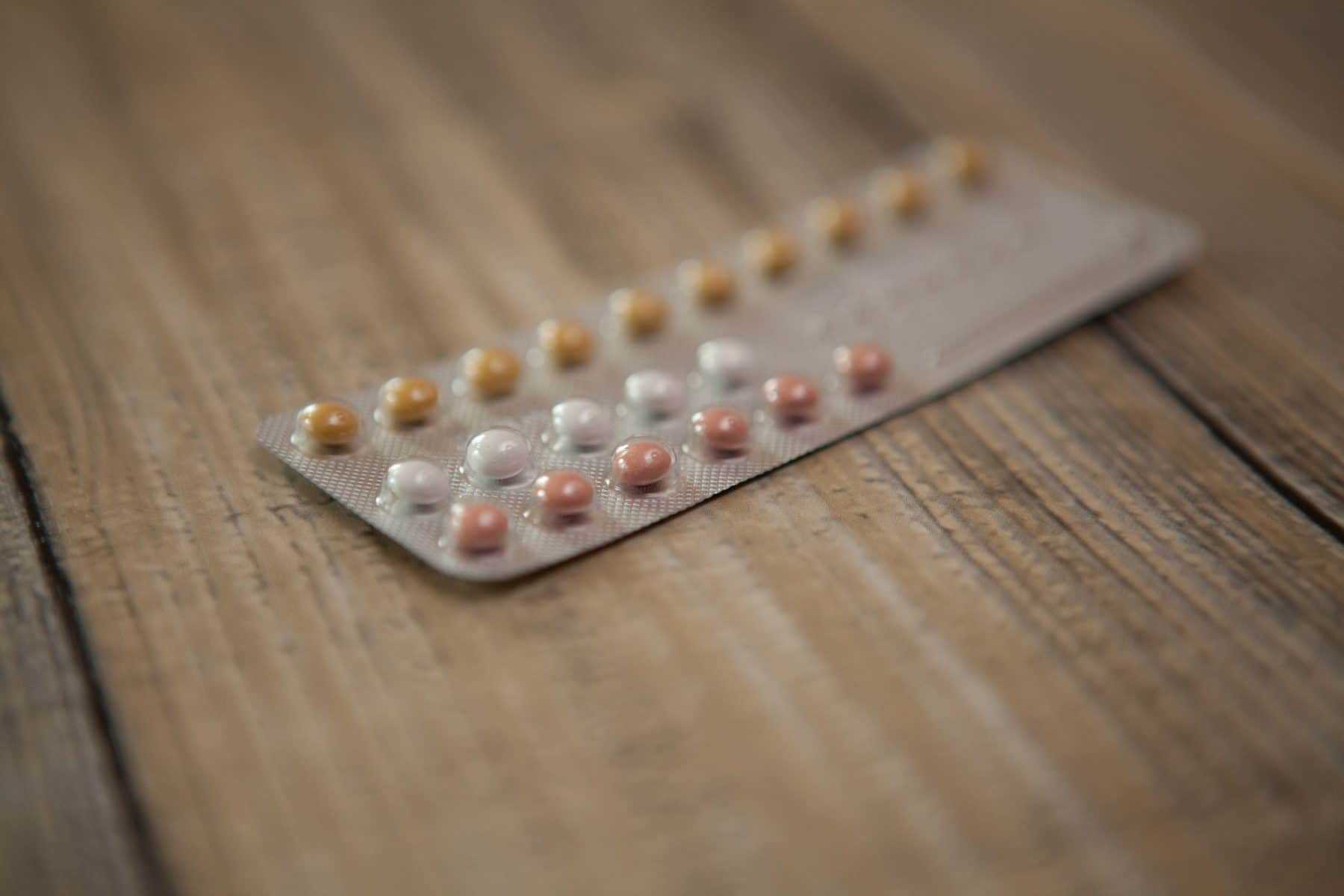Prior to my engagement, I never gave much thought to contraception—I had no reason to. Most of my married friends were on some form of hormonal birth control, and once my now-husband and I began discussing our option for avoiding pregnancy, I just assumed I’d probably start taking the birth control pill as well. It seemed like the natural next-step, but still, there was something about it that made me a little uneasy.
I was aware that many hormonal methods of contraception allowed women to completely forgo having a period, and this struck me as odd. Surely periods have some biological significance, right?
I began to research and compile a list of questions for my OBGYN. I was already aware of the increased risk for having a stroke, and common side effects like weight-gain and lowered libido, but one article I stumbled across in my reading did strike me as even more concerning. The American Pregnancy Association included an “ethical concern” link on their page about contraceptives, explaining that hormonal birth control methods such as the pill and the IUD carry the potential risk of interfering with implantation if fertilization happens to occur while using the drug or device. This means that, if conception does take place while a woman is using one of these methods, then it can essentially cause her to miscarry by making it difficult for the newly-formed zygote to implant on her uterine wall—something necessary for the pregnancy to continue. This meant that it could end the life of my child.
Just to make sure that what I was reading was true, I decided to discuss the issue with my OBGYN. She explained that, even though she personally did not believe it mattered, hormonal methods did pose an ethical dilemma for those who believe life starts at conception. I left that office visit feeling disappointed, knowing that I would need to find a non-hormonal method of avoiding pregnancy. Because I’m a skeptic, I talked with two more local OBGYNs who again confirmed what I had read, but offered no attractive alternatives.
After more reading, I eventually came across something that sounded promising: the stympto-thermal method. The sympto-thermal method is a fertility awareness-based method (FABM) that can be used to prevent pregnancy by observing and tracking a woman’s natural fertility signs, and then avoiding intercourse during the woman’s fertile window. I was interested but skeptical. After reading several medical studies about the effectiveness rates of FABM and talking with a supportive doctor, I decided to sit through a class on the method. The instructor explained how the method worked, and, that with proper use, the sympto-thermal method was 97-99% effective at preventing pregnancy. By the time the class ended I was sold. I started charting my fertility the very next day, and met with the instructor who taught our class a couple of times before our wedding to make sure I was understanding my fertility signs correctly.
Eight years later, I’m still charting my fertility—and I’m teaching other couples how to chart as well. I decided to become a certified FABM instructor because I believe that FABMs are a vital key to providing women with real, holistic healthcare. By charting her cycle, a woman is able to not only plan her family, but is also empowered to partner with her doctor to investigate hormonal and reproductive issues like painful periods or irregular cycles. While women are often prescribed birth control to deal with symptoms like PMS or heavy bleeding, FABMs can be used to reveal the root cause of these problems, and thus allow a woman to find treatments that will restore health by healing her body instead of by shutting down her entire cycle. In charting her fertility, a woman adds a fifth vital sign to the repertoire of tools at her healthcare provider’s disposal.
FABMs are true health care providers, enabling women to care for their bodies, and making family planning a shared partnership for both men and women, instead of a burden to be carried by one partner alone. FABMs should be a real, available option for women, and I’m happy to be partnering with The Guiding Star Project to this end, empowering women with knowledge about their fertility, in a way that honors them as whole persons.





